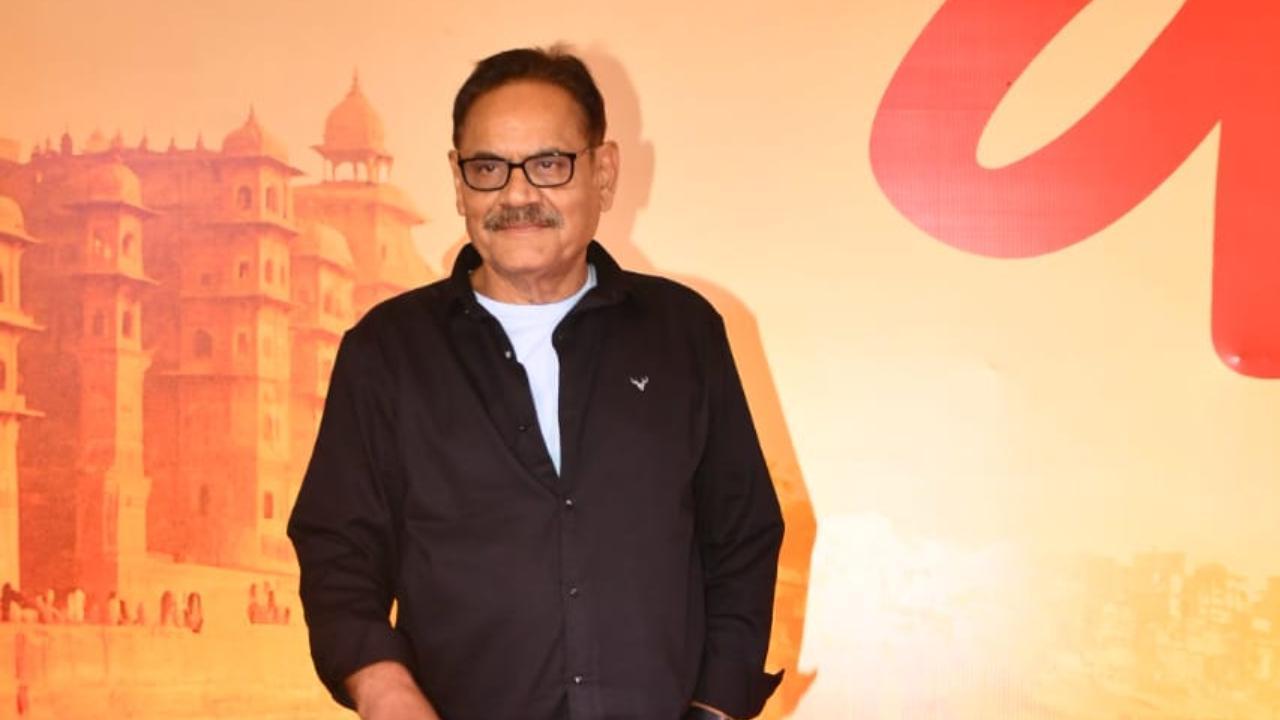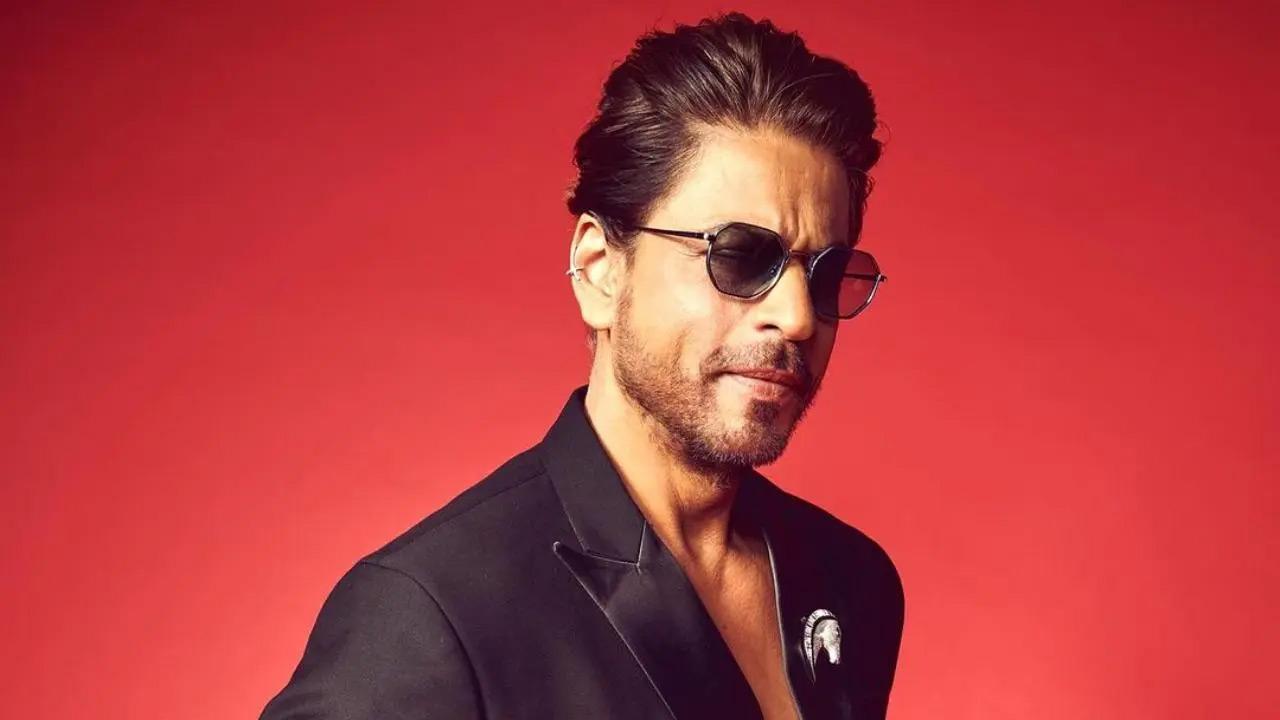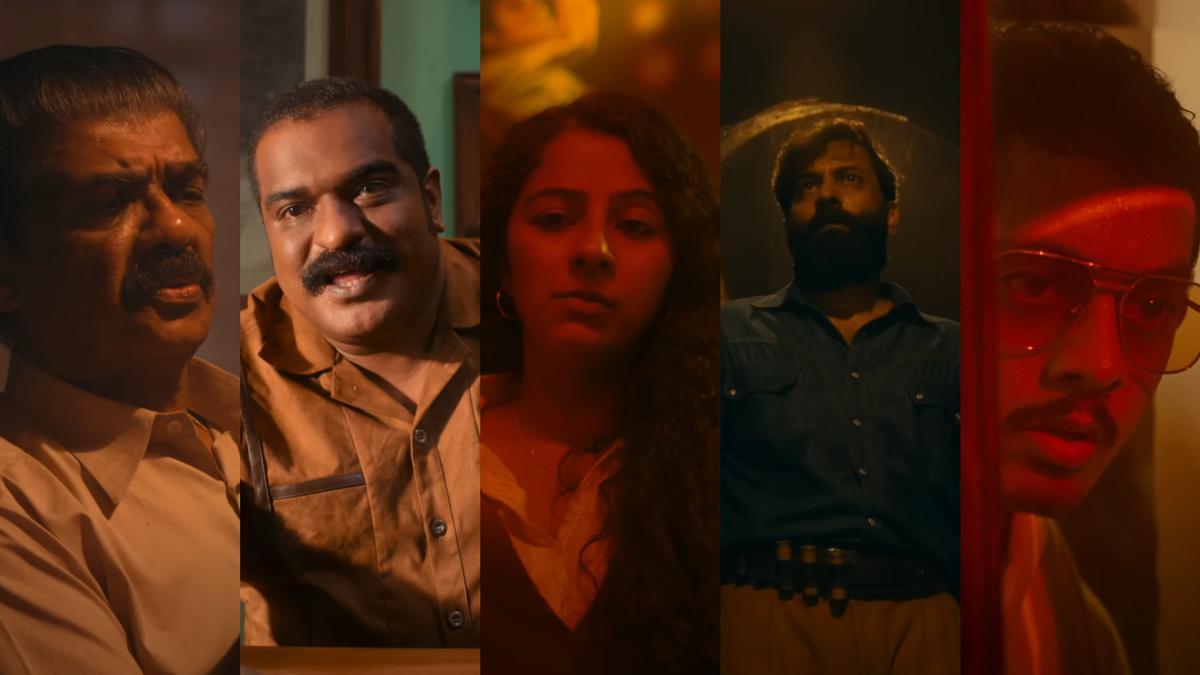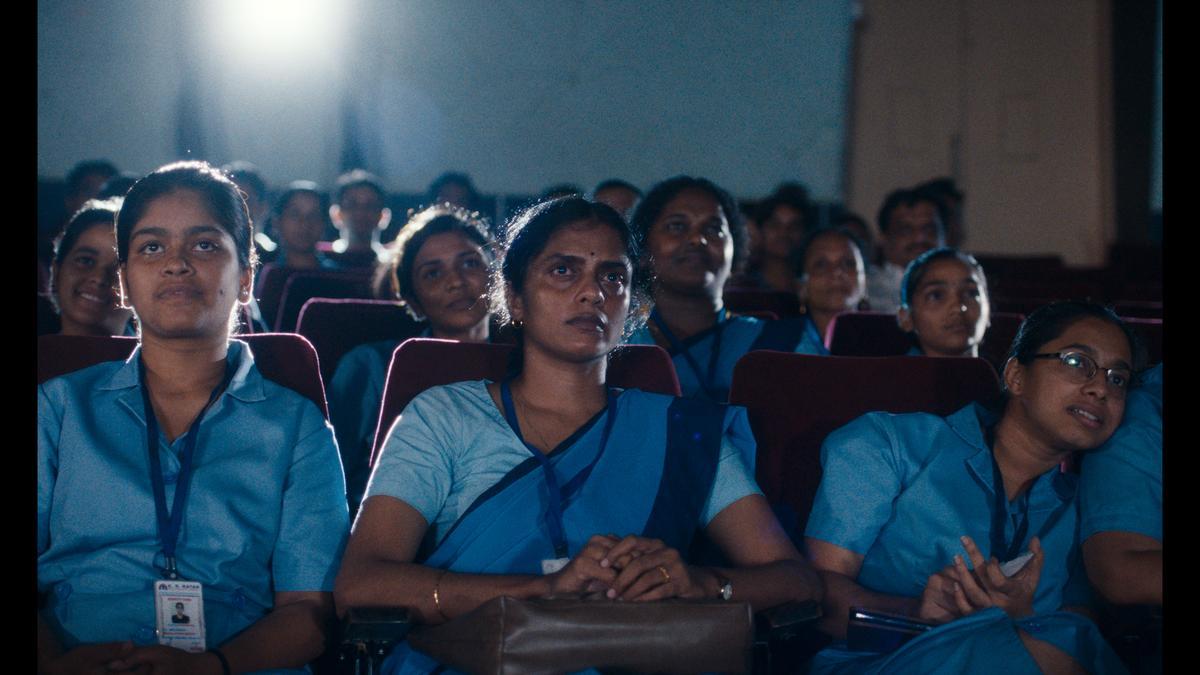
In a fervent challenge to the Central Board of Film Certification’s (CBFC) decision on Punjab ’95, the family of late human rights activist Jaswant Singh Khalra stands firm against the proposed extensive cuts to the film. The biopic, directed by Honey Trehan and capturing the controversial life and tragic end of Khalra, faces a demand from the CBFC for approximately 120 cuts, a move that has stirred significant discontent and debate about censorial overreach and historical representation.
On October 3, Paramjit Kaur Khalra, the widow of the martyred activist, issued a strong statement condemning the CBFC’s directive. Her appeal is not merely for the artistic integrity of the film but for the factual credibility that she argues is inherent in the narrative shown in Punjab ’95. “The film should not attempt to alter verified historical depictions,” she asserts, urging the board, led by Prasoon Joshi, to respect the genuine accounts illustrated in the movie.
The biopic, which highlights the role of Khalra in uncovering the disappearances and killings of young Sikh men during the Punjab insurgency from 1984 to 1994, has been embroiled in a bureaucratic standoff since December 2022. As detailed by mid-day, the CBFC’s amendments would lead not only to a renaming of the film and its protagonist, but also to the elimination of specific geographic and cultural references, including religious texts like Gurbani. These potential cuts have sparked concerns about censorship and the rewriting of historical narratives.
Paramjit, speaking from the U.S., where she resides, described the issue as one being amplified unnecessarily. “All elements in the film are based on public domain facts and the court’s case history. The film we want the audience to watch is as accurate as what has been witnessed by courts,” she explained. The suppression of these narratives, she stressed, would only risk public outrage and undermine both public trust and the positions of current governments.
Her daughter, Navkiran Kaur Khalra, shares this sentiment.
. Residing in the U.S. as well, she recalls their initial hesitation about the biopic, rooted in skepticism about how freely such stories could be told under Indian governmental scrutiny. However, Trehan’s steadfast commitment to portraying her father’s story with accuracy provided them with assurance. Navkiran describes the censors’ demands as tantamount to nullifying a biopic – altering core aspects to dilute the historical truth.
Having already been pulled abruptly from the 2023 Toronto International Film Festival due to these controversies, the film’s journey reflects broader struggles of creative expression against regulatory forces. “What is being proposed is not just an edit; it’s a denial of our history, of proven facts documented even in the Supreme Court,” Navkiran insists. Moreover, the wider availability of such documentaries and evidence on platforms like YouTube underscores the futility and disservice such censorship would bring.
The tension points to a larger conversation in India about artistic freedom and the standards set for storytelling that critiques the status quo. The family is adamant that showing an unaltered film is vital, drawing parallels with Western film industries, where critical depictions of history—such as those on the Iraq war—are commonplace.
Meanwhile, directors and producers, including Ronnie Screwvala, await responses from the CBFC with growing frustration. The film’s certification delay has not only affected theatrical release timelines but also stalled a distribution deal with an OTT platform. Despite rumours of a fresh Revising Officer possibly stepping in, official communication remains scant, leaving the film’s future in a state of limbo.
As Punjab ’95 remains in this censors-induced quandary, the Khalra family’s persistence in seeking a truthful portrayal becomes not just a fight for a film, but a broader message about the necessity of confronting history openly. In Paramjit’s words, masking historical truths benefits no one, and it is merely a matter of time before these stories find their way into the public consciousness.










